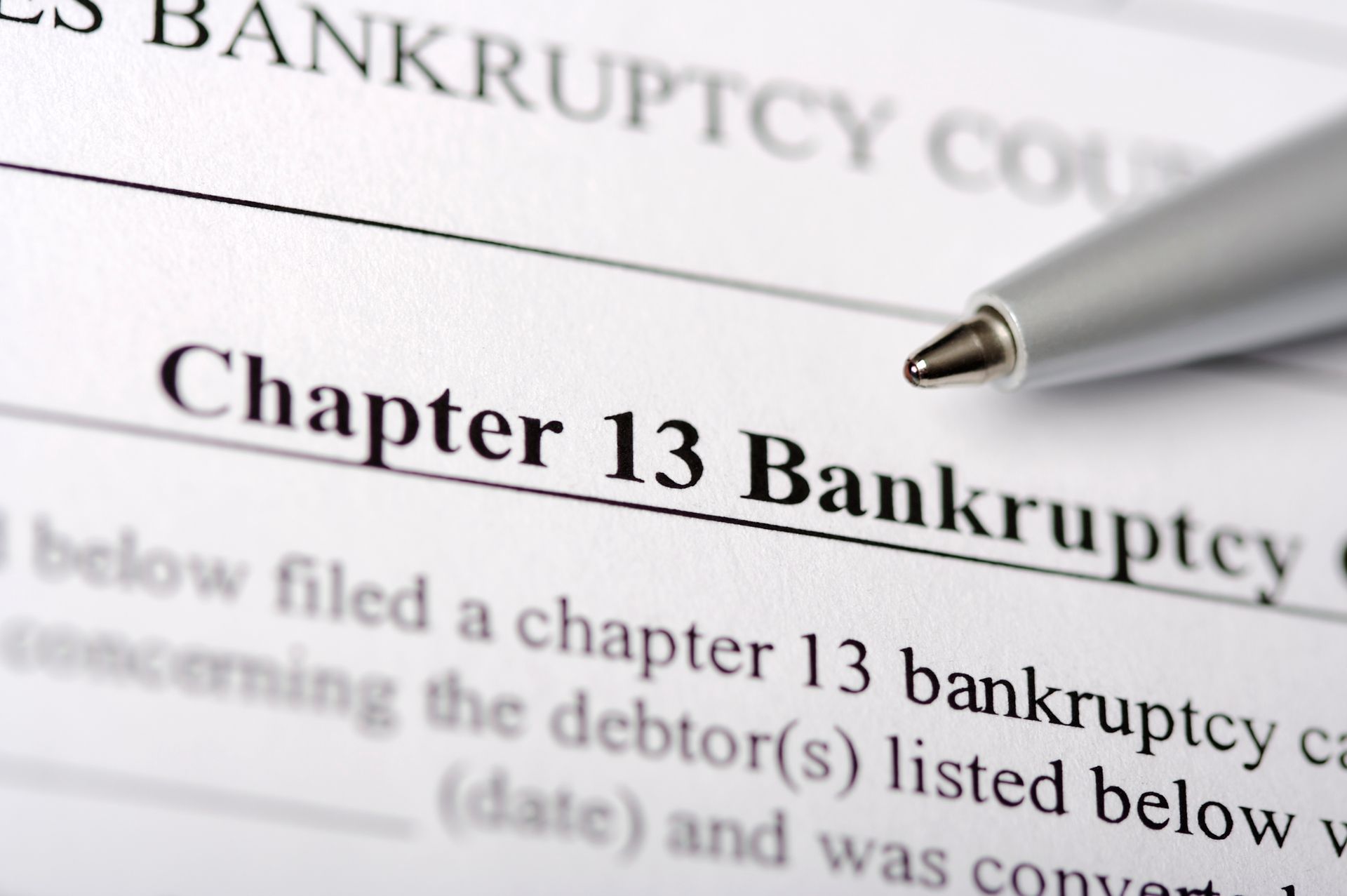Buying a Home with Bad Credit in 2026: Our Monmouth County Real Estate Lawyer Advises

Buying a home is a significant milestone and dream for many. Home ownership is a massive responsibility, but it comes with some uniquely rewarding perks like the ability to build equity, tax benefits, long-term housing stability, and the freedom to turn your property into your ideal living space. All too often, homeownership dreams are dashed due to bad credit. Veitengruber Law is a Monmouth County real estate lawyer and credit repair attorney/law firm. We have over a decade of experience helping NJ residents realize their real estate dreams.
According to Experian data, nearly 1 in 3 consumers in the US have a credit score below 670, falling in the “subprime” range where lenders start to question eligibility for financing. While bad credit is a common concern for hopeful homebuyers, with the right strategies and resources, homeownership is still a possibility. Veitengruber Law works with individuals and families to understand their options and feel empowered to make the jump into purchasing a home. Here are some of our practical tips for entering the real estate market as a buyer with less-than-ideal credit.
What is a poor credit score?
Some people don’t even consider their credit score until they try to buy a home and discover their financing options are limited. Most mortgage lenders will identify a credit score as “poor” if it is below 580. A poor credit score indicates to lenders a trend of financial instability, high debt, or repeated late payments. The following is a typical outline for how lenders categorize credit scores:
| 300-579 | Poor |
|---|---|
| 580-669 | Fair |
| 670-739 | Good |
| 740-799 | Very Good |
| 800-850 | Excellent |
The higher your credit score, the more options you will have for financing your home, and typically at a lower rate. The worse your credit is, the higher your rate will be. But while a poor credit score can narrow your options, it does not eliminate them. There are alternative financing methods that specifically cater to those with lower credit scores.
Is it possible to purchase a home with bad credit?
Your credit score is just one part of your finances. Other factors could help offset a poor credit score, potentially opening the door to better financing options. Here are some other things to consider:
1. Evaluate Your Income: Lenders typically require proof of steady employment and income. They will be looking for a debt-to-income ratio below 43%. This helps reassure the lender that you can afford the monthly payments for your mortgage and all the other expenses that go along with homeownership.
2. Check Your Savings: If you have significant savings, this can also help offset a poor credit score. A larger down payment will require you to finance less of your home purchase and encourage lenders to approve your mortgage application. FHA loans have less stringent financial requirements for eligibility and require just a 3.5% down payment. If feasible, purchasing a home could be an option even with a poor credit score.
3. Eliminate Debt: Lowering your outstanding debts can make you look like a more appealing applicant to mortgage lenders. If you plan on purchasing a home in the near future but your credit is struggling under the weight of unmanageable debt, take some time to resolve some of your debt issues before beginning your home-buying hunt. Even improving your credit by ten or twenty points can open up more options for financing.
What are my mortgage options with a low credit score?
While your mortgage options may be limited if you have a poor credit score, you should not count yourself out of homeownership entirely. You have choices. Working with a skilled and knowledgeable real estate attorney like Veitengruber Law can help you explore all of your options and ensure you are making the best choice for you and your specific situation. Here are some of the options we have helped our clients with:
Government Programs
Federal Housing Administration (FHA) loans specifically cater to individuals with lower credit scores. To qualify for most FHA loans, you must have a credit score of at least 580 and the ability to cover a 3.5% down payment. If your credit score is below 580, however, you still have options to get approved for an FHA loan. If your score is between 500 and 579, you may still get approved if you have a 10% down payment.
The US Department of Agriculture (USDA) also offers loan options for those with low credit looking to purchase property in a designated rural area. They provide various loan options for individuals and families seeking to purchase, construct, or renovate affordable homes in rural areas. Some of these loan options include no down payments for low-income families.
Veterans Affairs (VA) loans can help veterans and other eligible relatives purchase a home with little or no down payment. While the VA does not list a universal credit score minimum, different VA lenders will have individualized credit score requirements. However, these requirements are typically lower than for conventional loans. They are specifically designed to be flexible enough to accommodate a wide range of military borrowers.
A real estate attorney can assist you in determining your eligibility for government programs and assist you in the application process to ensure you are presenting your best case for access to these financing resources.
Alternative Financing
Subprime mortgages can offer buyers with poor credit the opportunity to purchase a home when other avenues to homeownership are not an option. Borrowers who do not qualify for conventional or government assistance loan programs may still be eligible for a subprime mortgage. Many people associate subprime mortgages with the mortgage crisis of 2008, which devastated the US housing market. Today, the government has put many regulations in place to make subprime mortgages less predatory. That being said, it is critical to understand every aspect of a subprime mortgage before signing the contract.
Subprime mortgages typically involve high closing costs and high interest rates. Lenders want to offset the risk of lending to borrowers with poor credit. They do this by collecting high payments up front. High interest payments can also mean you will pay tens of thousands of dollars more over the lifetime of a subprime mortgage loan than you would with a conventional loan. Subprime mortgages are more expensive in both the short and long term, so it is crucial to consider the financial feasibility before agreeing to the terms.
Subprime mortgages provide an avenue to homeownership for individuals with low credit who otherwise have no financing options. Subprime mortgages also have government-regulated, capped interest rates. Securing and making regular payments on a subprime mortgage can also improve your credit score, which may make different financing options possible in the future. The decision to accept a subprime mortgage should be based on your circumstances. An experienced NJ real estate attorney can also help you determine if a subprime mortgage is the right choice for you.
Having a lower-than-average credit score can make it more complicated to finance the purchase of a home, but you have options. Veitengruber Law has worked with many NJ homeowners to secure government and alternative financing to achieve the dream of homeownership. We are skilled professionals ready to share our in-depth knowledge of alternative financing options. Reach out to us today for your consultation.










